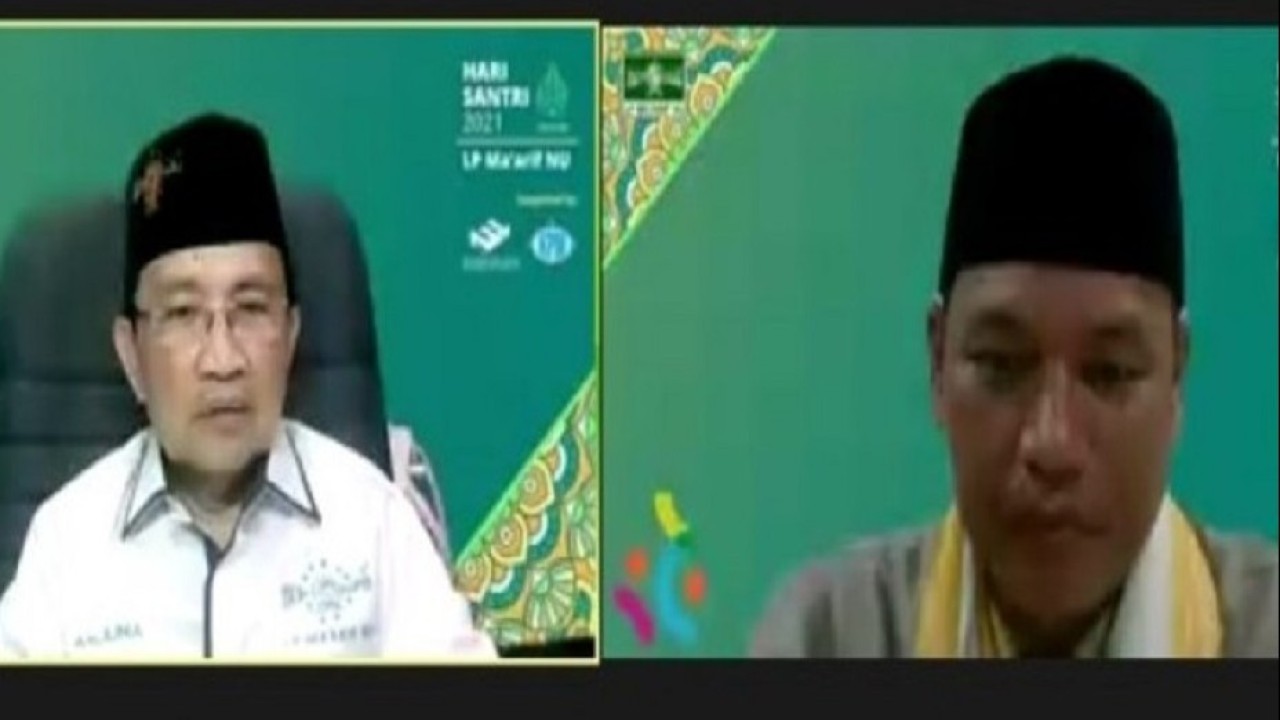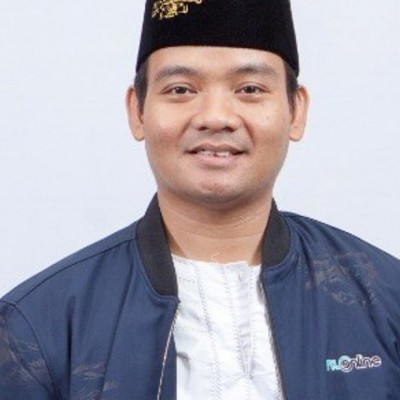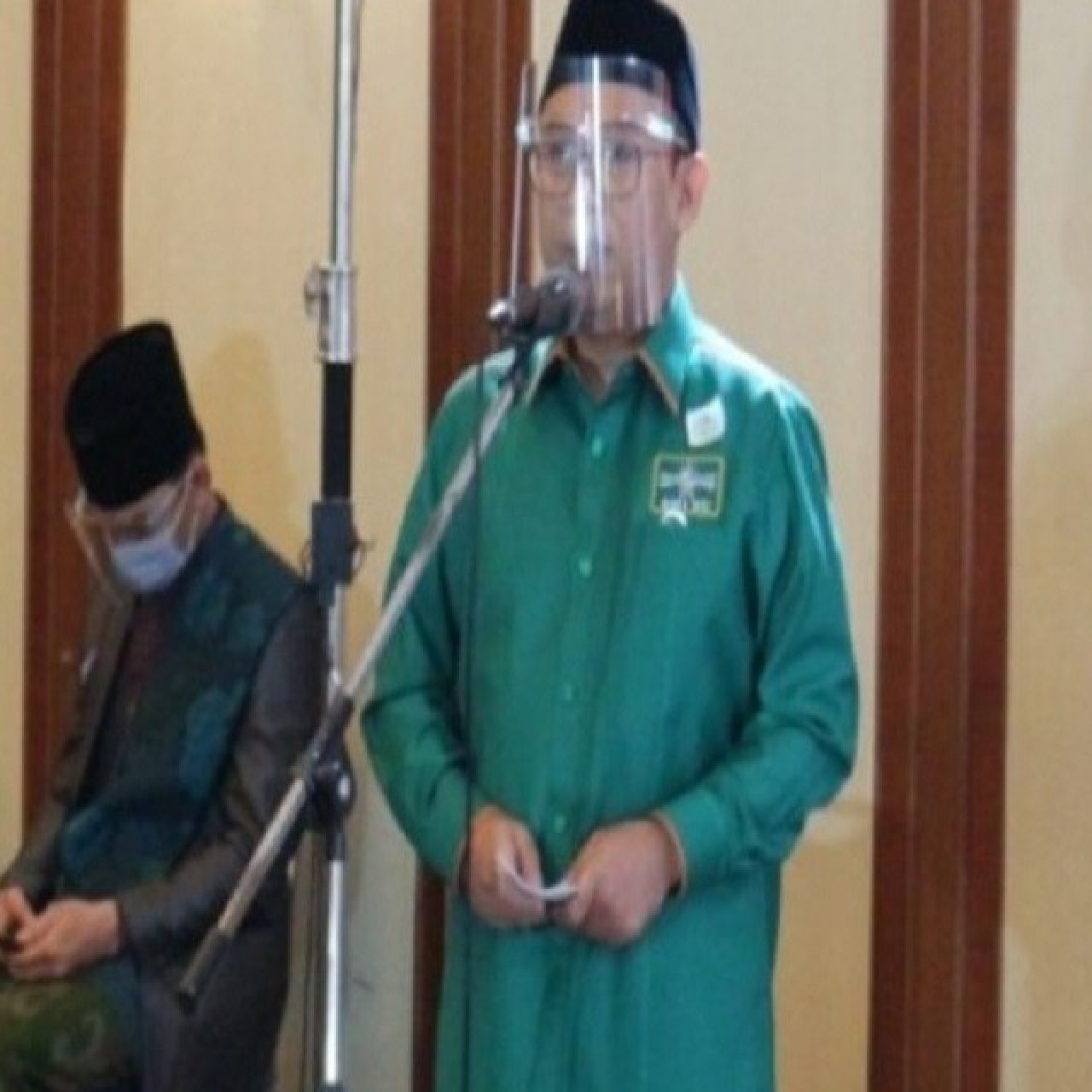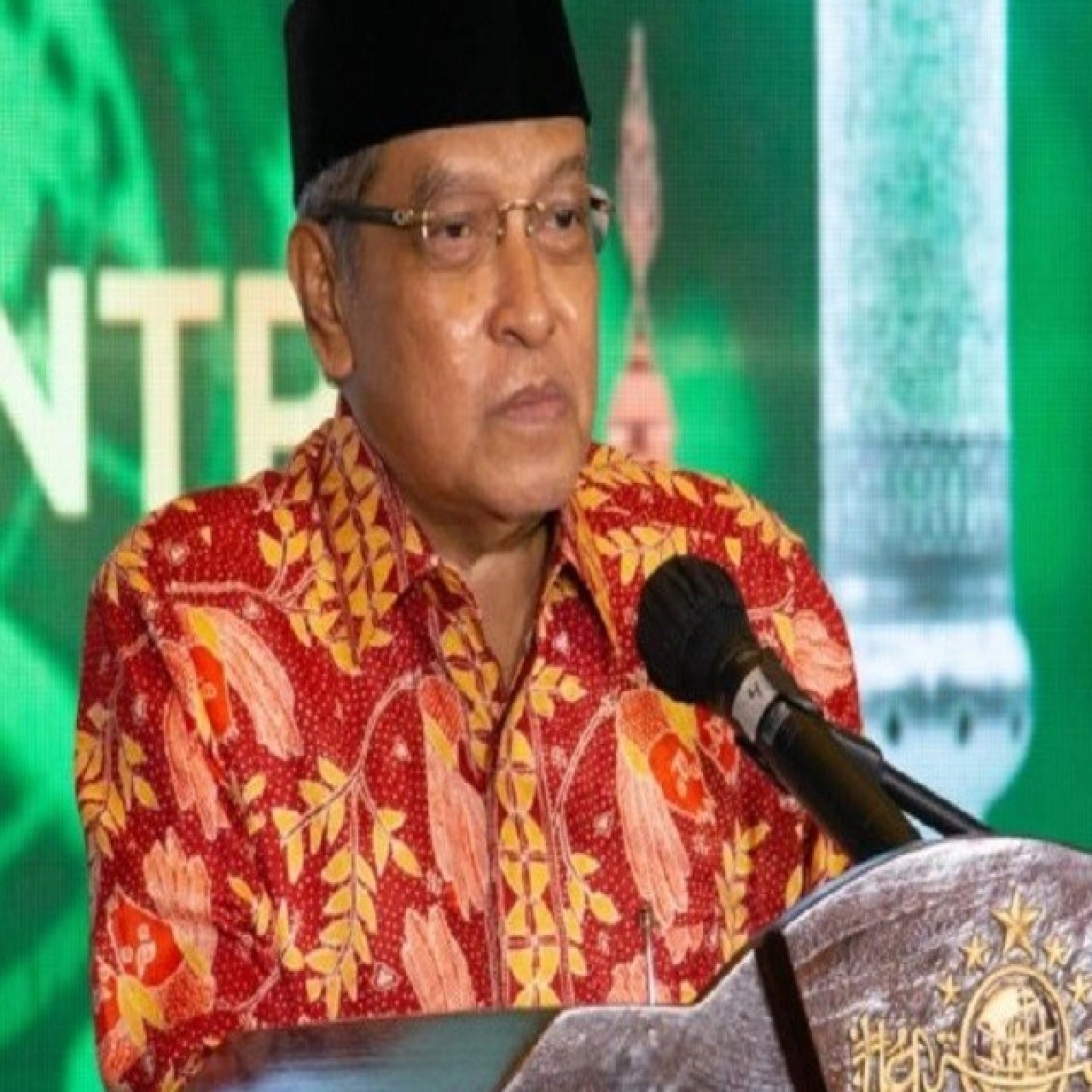Ma'arif NU launches science and mathematics olympiad
NU Online · Sabtu, 23 Oktober 2021 | 16:25 WIB
Kendi Setiawan
Penulis
Jakarta, NU Online
The Ma'arif NU Educational Institution launched the Ma'arif NU Science and Mathematics Olympiad (OSMANU), coinciding with the commemoration of National Santri Day, Friday (10/22/2021).
The person in charge of the OSMANU program, Deden Saeful Ridhwan, said that the peak of the Science and Mathematics Olympiad would be held on December 19, 2021, as the final series of the National Santri Day 2021. The Olympics begins by taking the Suprarational Mathematics Test, as a condition for participating in the OSMANU.
"This test is the first step in looking at the competency standards in the fields of science (IPA) and numeracy (Mathematics) for students in the LP Ma'arif NU Education Units," he explained.
Meanwhile, in celebrating the (National) Santri Day, Deden said, LP Ma'arif NU invited and gave opportunities for expression with the cultural background of their respective regions in all 34 regions by making short videos related to the activities and struggles of students (santri) in the beloved archipelago, including the participation of educational units in making videos containing Santri's Day greetings.
"The regional administration's appreciation for making this copyrighted video is very high, and the committee has received 90 percent of the videos with very interesting content variants. This shows the enthusiasm of the regional administrators and the education units of the Ma'arif NU in enlivening Santri Day this year. The launching of OSMANU, which is part of the flagship program of Ma'arif NU, could also give its own color for the 2021 National Santri Day celebration of Ma'arif NU," he said.
Santri and Pesantren
The chairman of Ma'arif NU, H Zainal Arifin Junaidi, said that currently there was the term santri as someone who studies religious knowledge at Islamic boarding schools (pesantren), but apparently by some circles, the word santri was also often interpreted with various philosophical meanings taken from a language perspective.
"The meaning of santri in general is a designation for a group of people who study Islamic religious knowledge at a pesantren within a certain period of time. Santri in general is a designation for someone who follows Islamic religious education at a pesantren, usually staying in that place until his education is complete," said Arifin Junaidi.
According to Junaidi the term santri comes from Sanskrit, shastri which has the same root as the word literature which means scripture, religion and knowledge. There are also those who say that it comes from the word cantrik, which means so-called begawan or resi.
"A cantrik is given a salary in the form of knowledge by the begawan or the resi. It is not much different from a student who serves at the pesantren, as a consequence the head of the Islamic boarding school provides allowances to the santri," he added.
Pesantren is a place for students (santri) to sow the teachings of Islam rahmatan lilalamin, friendly and moderate Islam. Moderate attitude in religion is very important for a plural and multicultural society.
"In this way, diversity can be addressed wisely and tolerance and justice can be realized. It is the spirit of the teaching that can inspire students to contribute to maintaining world peace," Kiai Arjuna said.
He said the pesantren deserved to be called a peace laboratory. The reason is, first, because of the awareness of religious and national harmony, cultural resistance during the colonial period, the struggle for independence, the formation of the state ideology, the promulgation of the 1945 Jihad Resolution, the fight against the PKI rebellion for example.All this cannot be separated from the role of the pesantren.
"To this day, the commitment of santri as a generation of lovers of the homeland has not faded. Because they still adhere to the rules of hubbul wathan minal iman; love for the homeland is part of faith," he explained.
Second, the method of reciting and studying. In addition to receiving guidance, examples and transfer of knowledge are directly from the kiai (clerics), the pesantren also applies openness to studies sourced from various books, even cross-school of thought studies.
When a legal problem arises, the students (santri) use the bahsul masail (problems deliberation) method to seek legal sources by researching and discussing it scientifically before it becomes a legal decision. Through this, the students are educated to learn to accept differences, but still rely on authentic legal sources, he explained.
Third, said Kiai Arjuna, students were usually taught to dedicate themselves and give best services, which become the spirit and principle of santri loyalty which is framed in the paradigm of religious ethics and the reality of social needs.
Fourth, education for independence, cooperation and mutual assistance among students.
Because they are far from their families, said Kiai Arjuna, students were accustomed to living independently, fostering solidarity and mutual cooperation among fellow science fighters.
Fifth, community movements such as arts and literature thrive in Islamic boarding schools. Art and literature are very influential on a person's behavior, because they can express behavior that puts forward messages of beauty, harmony and peace.
Sixth, the birth of various discussion groups on a small and large scale to discuss trivial to serious matters. Group dialogue forms the character of students who are open to different and new things.
Seventh, caring for the treasures of local wisdom. The relationship between religion and tradition is very strong in the lives of Indonesian people. Pesantren becomes a conducive place to maintain locality in the midst of an increasingly pragmatic and materialistic era.
Eighth, the principle of maslahat (public interest) is a guideline that is no longer negotiable by Islamic boarding schools. There is no story that pesantren people are disturbing and misleading the public. In fact, those who foster society are mostly pesantren graduates, both morally and intellectually.
Ninth, spiritual cultivation. Not only is Islamic law (fiqh) studied, many pesantren also train their students for so-called tazkiyatunnafs, namely the process of cleansing the heart. This is usually done through the practice of remembrance and fasting, so that it will give birth to clean and correct thoughts and actions.
"Because of that, students (santri) are far from reporting about intolerance, rebellion, especially terrorism," Kiai Arjuna concluded.
Reporter: Kendi Setiawan
Editor: Sudarto Murtaufiq
Terpopuler
1
Khutbah Jumat: Ramadhan dan Kesempatan yang Tidak Selalu Terulang
2
Keluar Mani yang Tidak dan Membatalkan Puasa
3
Khutbah Jumat: Ramadhan, Melatih Sabar, Memperkuat Syukur
4
Khutbah Jumat: Tiga Kebahagiaan Orang Puasa
5
Kultum Ramadhan: Keutamaan Tarawih dan Witir
6
Khutbah Jumat: 4 Cara Menghidupkan Malam Ramadhan dengan Ibadah
Terkini
Lihat Semua






















